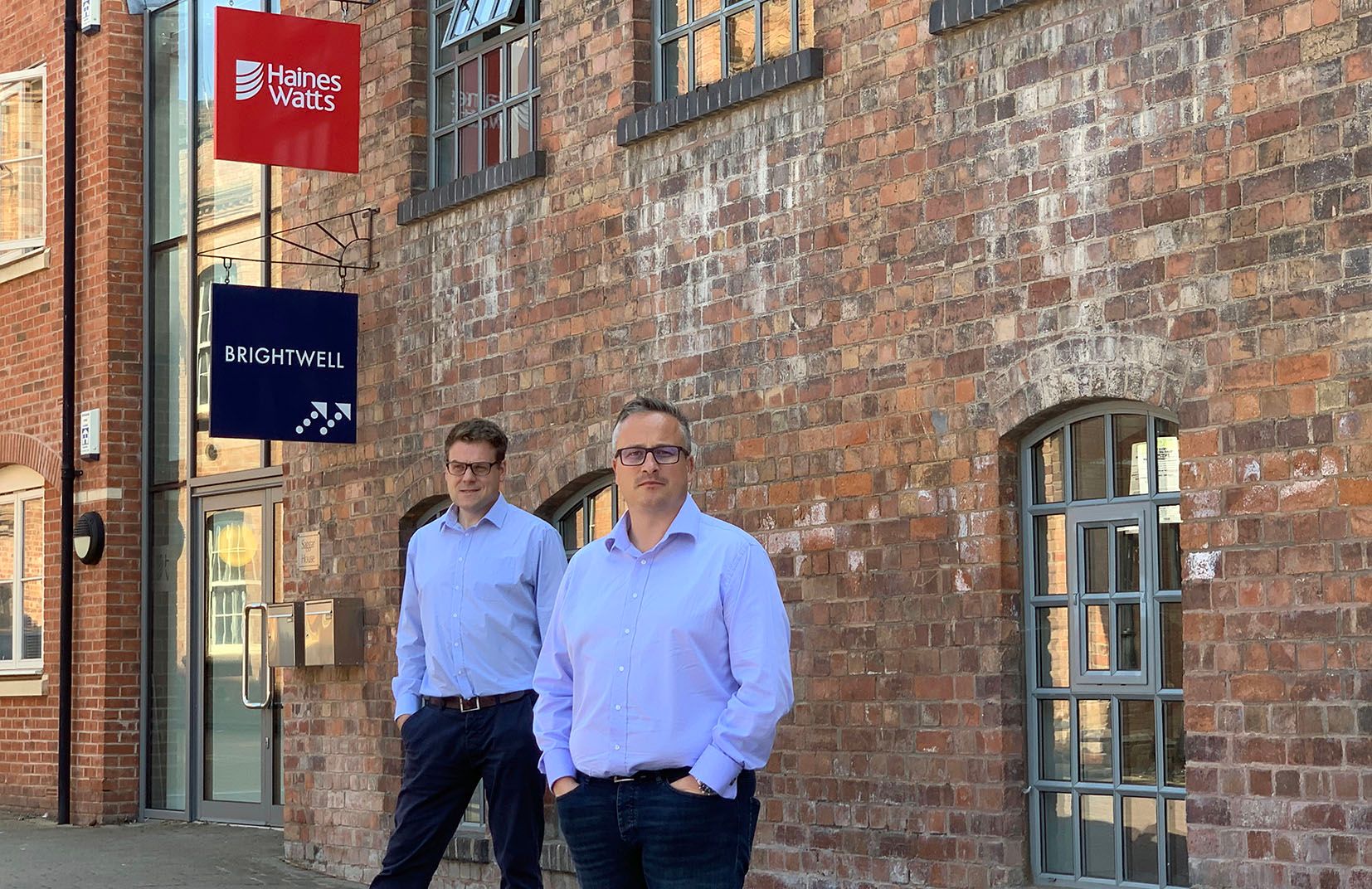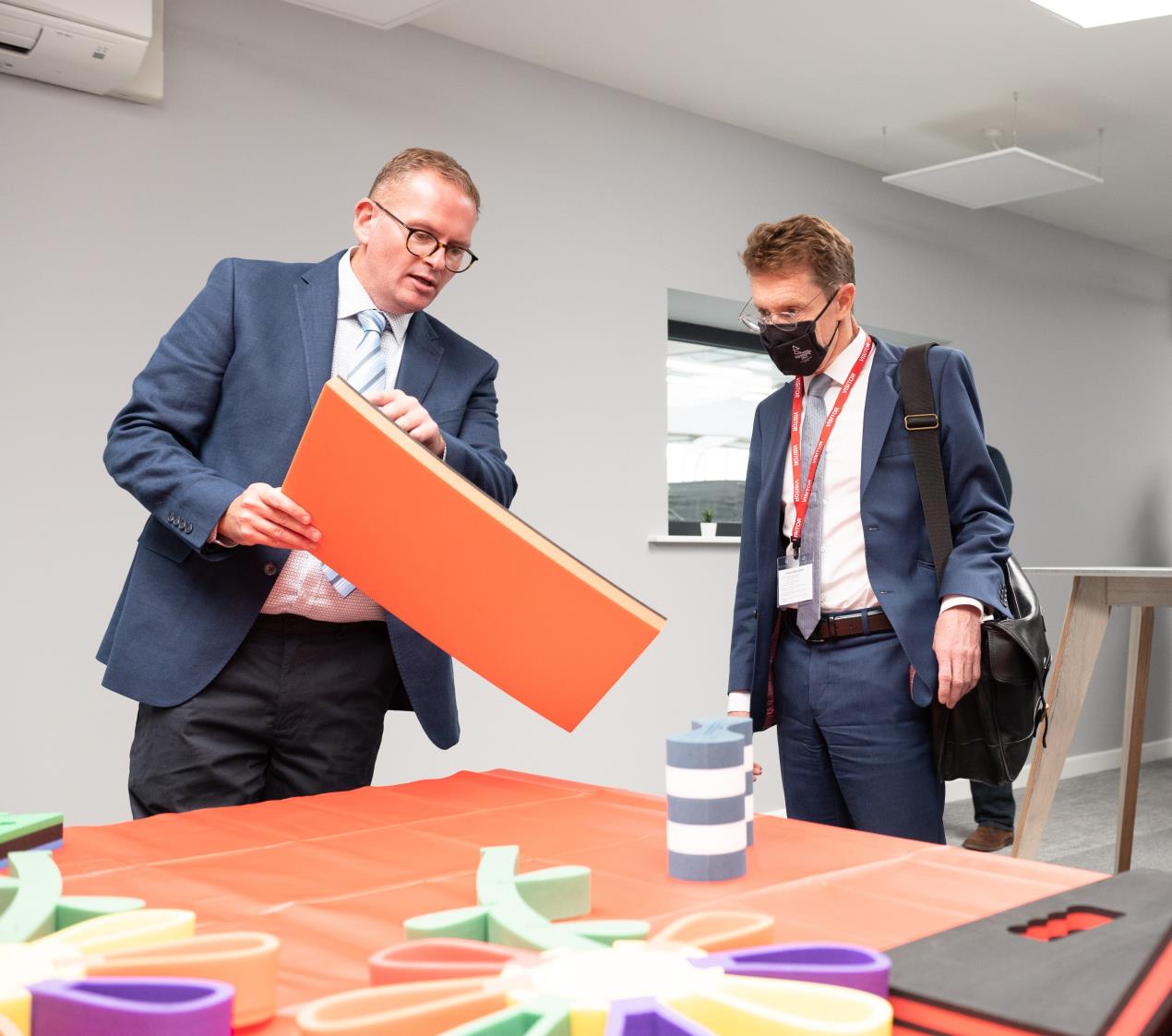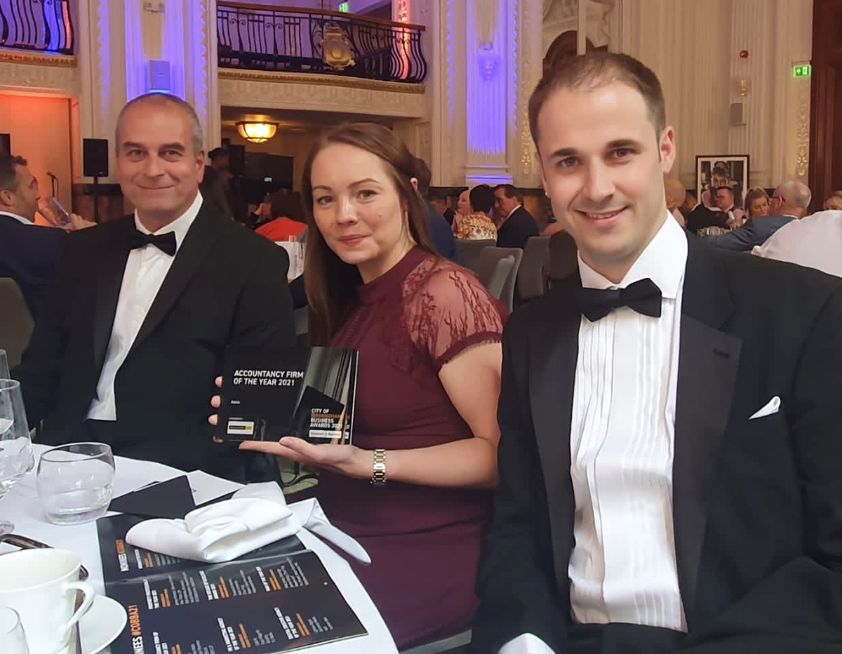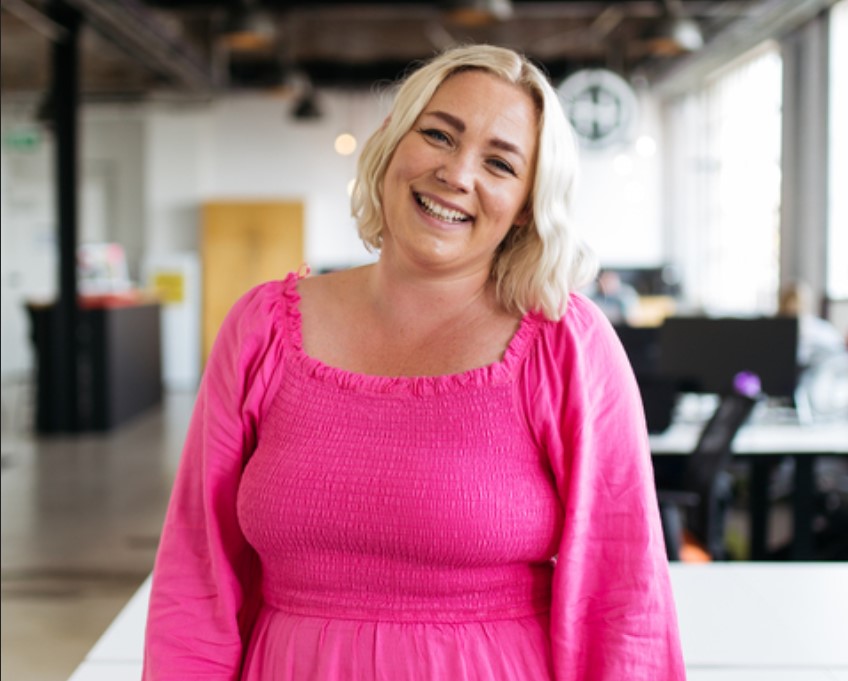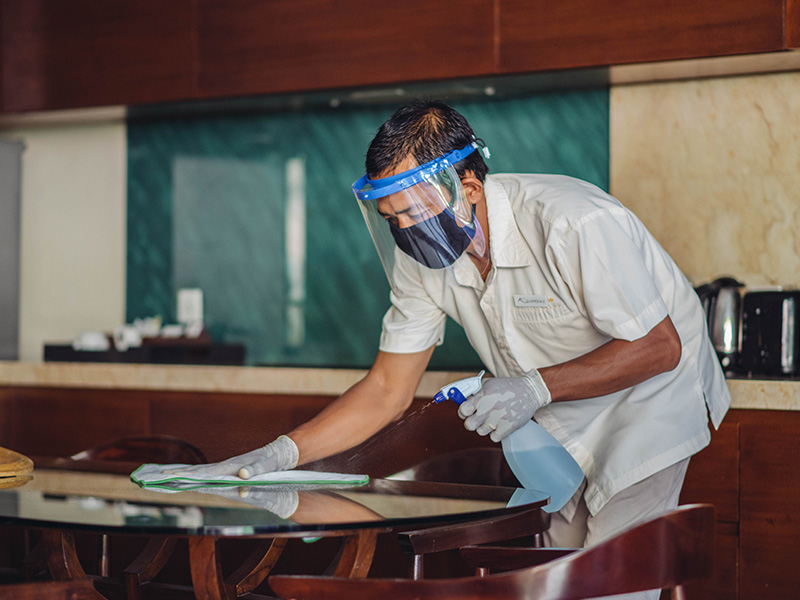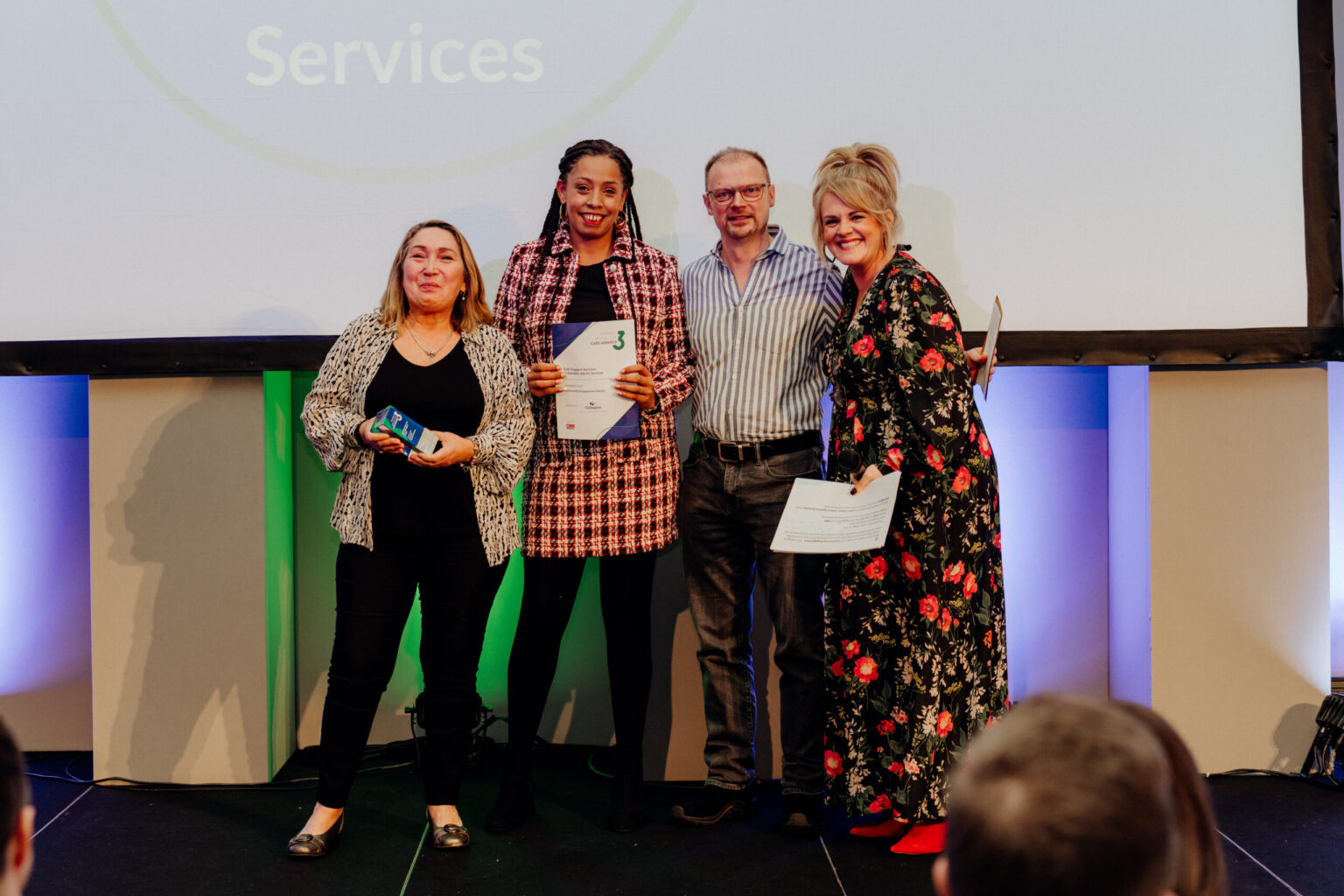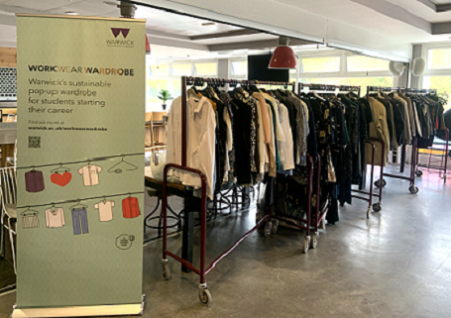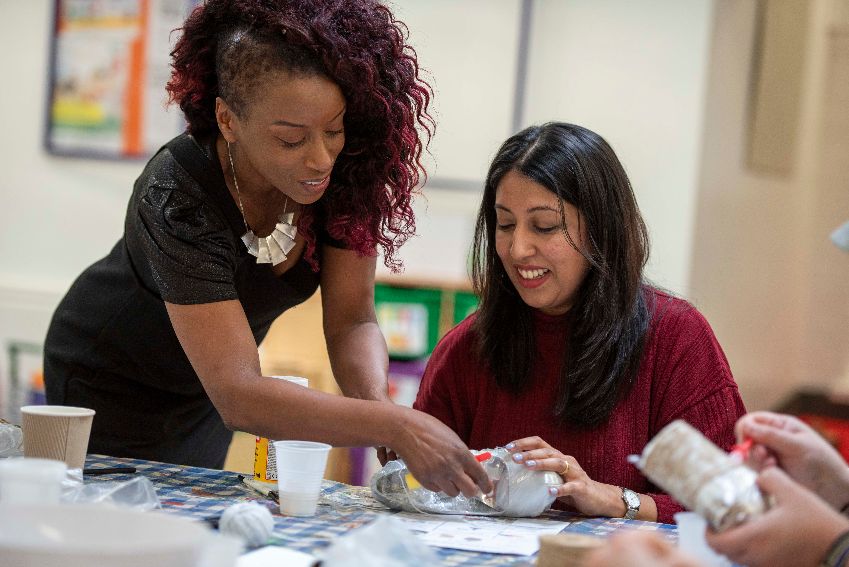Covid-19 has put a spotlight on what people consider to be their top values and life goals, as well as what is needed for a financially secure future. New research from Templeton Emerging Markets Investment Trust’s (TEMIT) Foreign to Familiar report shows that when considering what is most important to them, adults in West Midlands revealed that their health (25%), professional goals (14%), and income (10%) were top of the list.
Many also think about their finances and how they can achieve long-term financial security. When asked how they’re planning to achieve this, 29% of respondents in West Midlands said that a secure job was needed and a further 26% were focused on savings. Despite the superior long-term financial returns they can offer, only 11% said a pension was required to achieve financial security and worryingly only 8% said investments.
The stark reality for those that are focused more on savings to provide financial stability is that while there is more than £1.5tn currently sat in easy access savings accounts across the UK, these are earning a meagre interest of less than 0.39%. This means that UK savers could be missing out on more than £38bn a year in dividend income if savings were invested – the equivalent of £1,350 per household.
Andrew Ness, Portfolio Manager at Templeton Emerging Markets Investment Trust: “Covid-19 has not only made us think about what life goals we aspire to, but also how we manage our finances day-to-day, and what we need to do to achieve a financially secure future. However, many consumers are unaware of the benefits and growth opportunities of investing in emerging markets.”
When looking at investments as an option for future financial stability, only 11% of adults in West Midlands revealed they currently invest in emerging markets. This means a huge 89% are missing out on significant investment returns these markets have to offer.
“Ultimately, emerging markets can offer exciting growth opportunities and are expected to lead the global economic recovery. Indeed the Covid-19 pandemic has strengthened key trends in emerging markets: increased institutional resilience, growth of consumption, technology, innovation, and the ability for companies to "leapfrog" developed-world competitors. Awareness of Environmental, Social and Governance (ESG) issues has also intensified in recent years,” explained Andrew.
To put this into context, a monthly investment of £50 a month into a cash account over an 18-year period (an overall investment of £10,800) would mean an investor would have a mere £11,176. An investment into the FTSE100 over the same time period would have returned £18,987. An investment into the passively managed MSCI Emerging Markets Index would have returned £27,859, and finally an investment into the actively managed TEMIT will have returned you £33,403. That’s £22,227 more than what one would have earned in a savings account.
TEMIT’s Foreign to Familiar report, which used quantitative data Adoreboard’s cutting-edge Emotion AI analysis, looked into the emotions and perceptions consumers have when asked about emerging markets and found that many pre-existing perceptions on emerging market countries and a general lack of knowledge of these markets have a huge influence on investment decisions.
Looking into what is holding investors back from taking advantage of the growth potential in emerging markets, the research found that 13% of respondents in West Midlands currently invest money but don't invest in emerging markets, and would not or don't know if they would consider them in the future. Delving into the reasons why this is, 75% are concerned about their lack of knowledge of emerging markets, and 25% are worried about their risk of loss.
However, the same nervousness cannot be said over consumers’ product purchase choices. In fact, of those who said country of origin was not important in their product choices, when looking into the reasons why 14% said that they don’t care where the product is from, and would rather focus on the quality of goods, the selection criteria, and price. Demonstrated by the number of consumers in the UK who use emerging market products everyday (93%), whether that be a TV or washing machine made by Samsung in South Korea, or a 5G chip for their mobile phone manufactured in Taiwan, for example, consumers are inadvertently investing in emerging markets through their product choices. However, when it comes to their investments, consumers are much more hesitant about actively investing their money in emerging markets, despite the favourable returns these markets can deliver.
“Stigmas attached to emerging markets, as well as general nervousness held by investors means they are missing out on favourable investment opportunities. It’s clear that investors need more information and reassurance when it comes to emerging markets – many of which are in fact leading the way in innovation and technology – so it’s important that we highlight where the imbalance is between perception and reality to help consumers reach their financial goals,” Andrew said.




